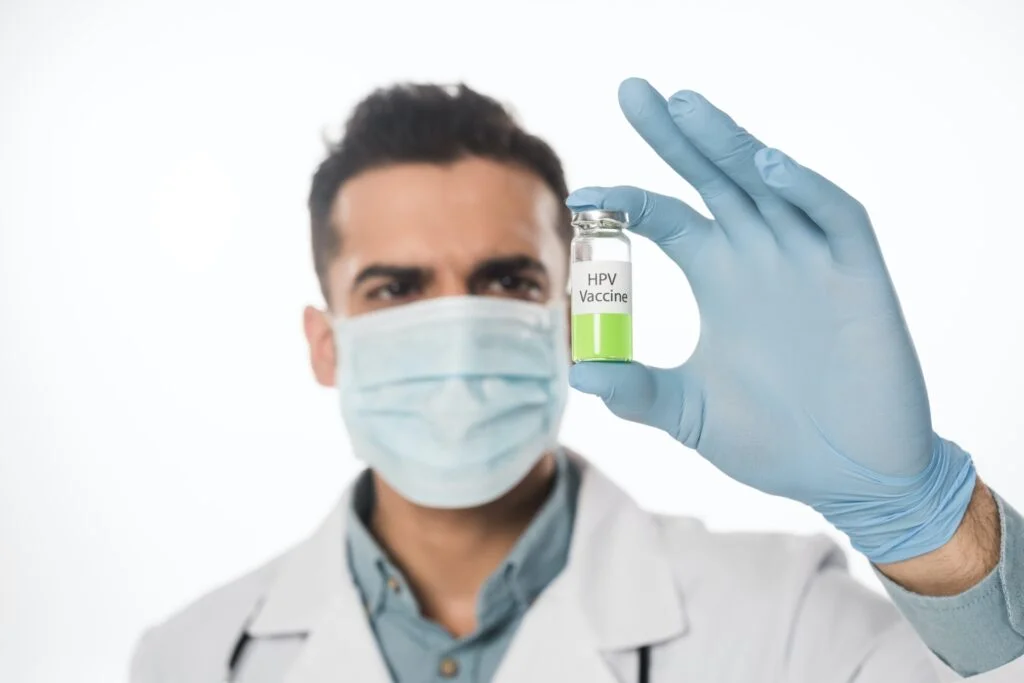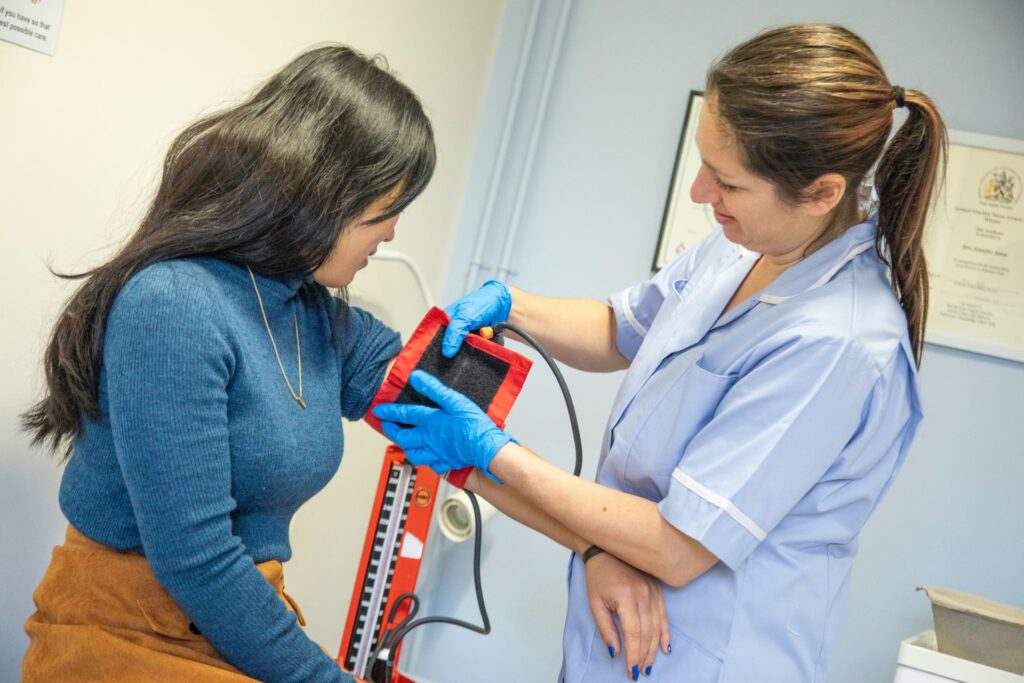Tri Health Family Wellness Center
Patient Information: Understanding HPV (Human Papillomavirus)
Introduction:
Human Papillomavirus (HPV) is a common sexually transmitted infection that affects both men and women. This information aims to provide an overview of HPV, its transmission, symptoms, diagnosis, prevention, and treatment options.
What is HPV?
HPV is a virus that can be transmitted through intimate sexual contact, including vaginal, anal, or oral sex. It is the most common sexually transmitted infection worldwide, and most sexually active individuals will contract HPV at some point in their lives.
Transmission:
HPV is primarily transmitted through sexual activity. It can be passed on even if there are no visible symptoms or signs of infection. The virus can infect the skin and mucous membranes, such as the genitals, mouth, and throat. Sharing sex toys can also contribute to the transmission of HPV.
Symptoms:
HPV infections often do not cause noticeable symptoms, which is why regular screenings are crucial. However, certain types of HPV can cause genital warts or abnormal changes in cervical cells that may lead to cervical cancer. In rare cases, HPV can also lead to other types of cancers, such as anal, vaginal, vulvar, penile, or oropharyngeal cancers.
Diagnosis:
HPV infections are diagnosed through various methods, including Pap smear tests, HPV DNA tests, and visual inspections. Pap smears are typically used to detect abnormal cervical cell changes, while HPV DNA tests can identify the presence of high-risk HPV strains. Visual inspections can help identify genital warts or abnormalities.
Prevention:
Preventing HPV infections is essential. Here are some preventive measures you can take:
1. Vaccination: HPV vaccines are available for both males and females. They are most effective when administered before becoming sexually active.
2. Safe Sex Practices: Consistent and correct use of condoms and dental dams during sexual activity can reduce the risk of HPV transmission.
3. Regular Screenings: Routine screenings, such as Pap smears and HPV tests, can help detect HPV-related abnormalities early on.
Treatment:
There is no cure for HPV, but most infections resolve on their own within a couple of years. Treatment focuses on managing symptoms and addressing complications such as genital warts or precancerous cell changes. Various treatment options, including medications and procedures, are available and can be discussed with your healthcare provider.
Conclusion:
Understanding HPV, its transmission, symptoms, diagnosis, and prevention strategies is vital for maintaining your sexual health. Regular screenings, vaccination, and practicing safe sex are key steps in preventing HPV-related complications. If you have any concerns or questions about HPV, make sure to consult your healthcare provider, who can provide personalized advice and guidance based on your specific situation.



